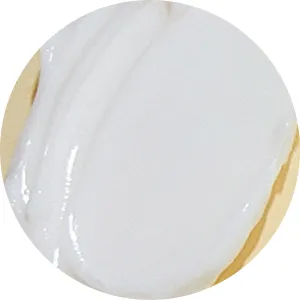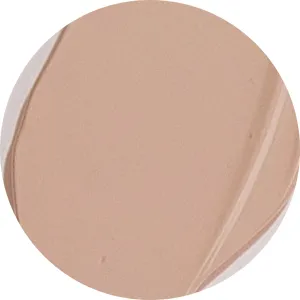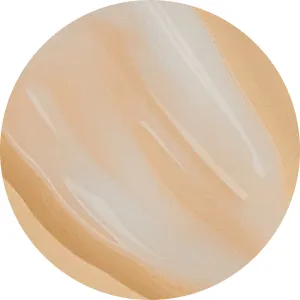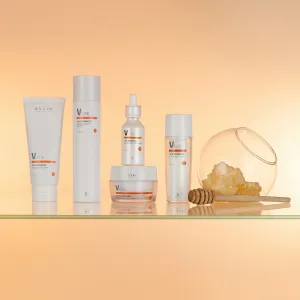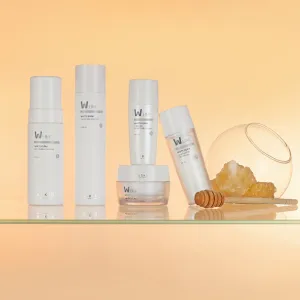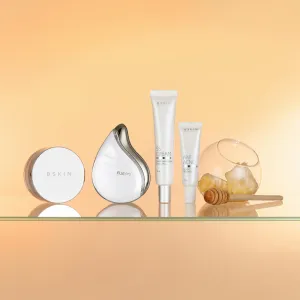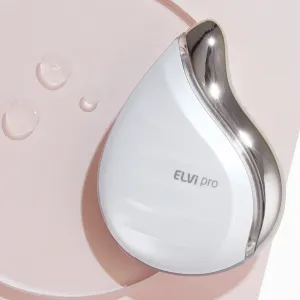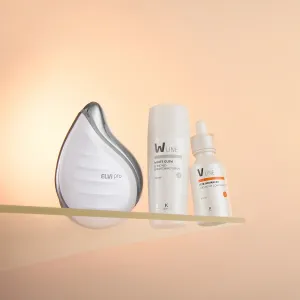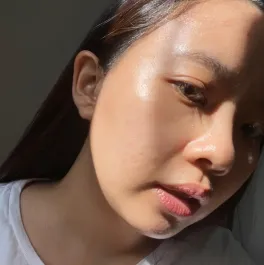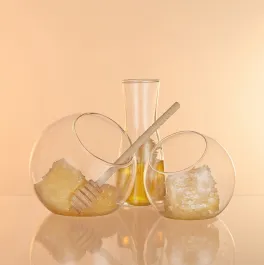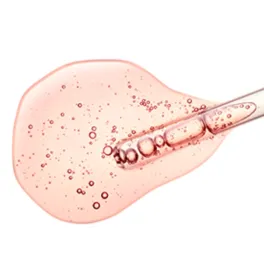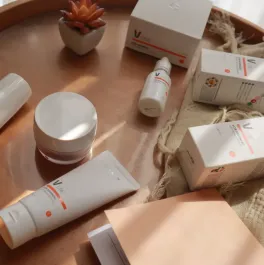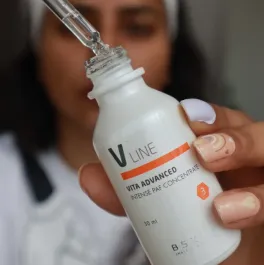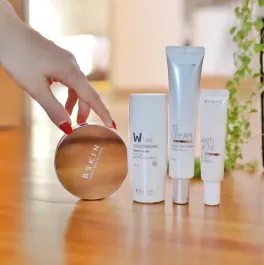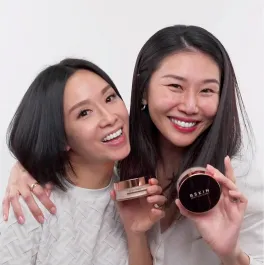Meeting the Challenges of Acne in Adults
Meeting the Challenges of Acne in Adults
Many people think of acne as a teenage problem. But you are not alone if you suffer from acne breakouts as an adult. Approximately 15 percent of Americans have had acne at some point in their lives, and over 50% of adults continue to get this widespread skin disorder well into adulthood.

Many people think of acne as a teenage problem. But you are not alone if you suffer from acne breakouts as an adult. Approximately 15 percent of Americans have had acne at some point in their lives, and over 50% of adults continue to get this widespread skin disorder well into adulthood. It is also possible to develop acne for the first time as an adult. This is referred to as "adult-onset acne." It is widespread in women going through menopause, who are more likely to develop adult acne than men.
This is a multifactorial skin condition that affects the pilosebaceous unit. Disease pathophysiology includes microbial colonization, follicular hyperkeratinization, sebum production, and inflammation. As a result, numerous acne etiologies exist, such as acne mechanica and acne cosmetica. While acne is primarily a cosmetic issue, its consequences can be far-reaching. Acne in adults can significantly influence psychological well-being, in addition to the discomfort of an unsightly blemish and the scars it can produce.
What Causes Adult Acne?
Most acne sufferers attribute their condition to their families. The pores' hereditary predisposition to become clogged with dead skin cells too quickly, resulting in a cascade of acne-forming events. As a result, some people never "grow out" of their acne until they are considerably older. Others do not have acne during their adolescence but begin to break out in their twenties and/or thirties.
It's unclear why their acne went "dormant" during their adolescence, but as adults, several factors can lead to the emergence of acne problems. A variety of factors causes chronic breakouts, including stress, comedogenic, drugs, makeup, hair and skin products, smoking, pregnancy, and birth control pills. Here are the common causes of adult acne:
- Hormonal variations caused by pregnancy, birth control, PMS, Plan B, medications, and menopause can significantly influence your proclivity for breakouts, triggering severe acne eruptions in women who never had a pimple as teenagers.
- Medical diseases such as polycystic ovarian syndrome (PCOS) and thyroid disorders can have a negative impact on the skin.
- Bipolar disorder medications like lithium, anticonvulsant medications, thyroid meds, low-dose birth control pills, sobriety drugs, corticosteroids, and others can cause acne.
- Pore-clogging cosmetics, hair care, and skin care products can contribute to adult acne.
- When it comes to acne, smoking can be a factor. According to German researchers at the Technical University of Munich, smoking is a clinically important contributory factor to acne prevalence and severity.
Acne Myths
Acne treatment is particularly difficult because there is a lot of misinformation about this skin condition. Unfortunately, certain advice can aggravate your acne. Maybe you've heard that it's okay to pop your pimples. A dermatologist can safely remove pimples, but popping a pimple yourself raises the risk of scarring. Furthermore, bacteria can be transferred from your hands to your face.
Perhaps you've also heard that spending time in the sun will help your acne. This, too, is a myth. To avoid blocking pores, use an oil-free product if you have acne-prone skin. This is good for delicate skin because it will not clog pores. Instead of believing everything you hear, seek your dermatologist for answers to your acne concerns.
How to Treat and Prevent Adult Acne
Adult acne treatment does not come in a one-size-fits-all package. Acne treatment success varies from person to person. People may need to try a range of treatments to see what works best for their skin. Adult acne is typically mild to moderate, but it is also severe. Today, there are numerous adult acne treatments accessible.
If your acne is mild, use a gentle, soap-free face wash twice daily with warm water. Keep in mind that washing your skin too frequently can worsen acne. If your skin still feels oily after washing it, you should use cleansers that do not strip your skin of its natural moisture.
If your acne is moderate to severe, you should consider acne products containing substances such as Sulfur, Panthenol, Anti-oxidants, or Bentonite to treat the problem. Use the acne product all over the acne-affected area, not just in particular areas. For example, if you have acne on your neck, you should apply the product to your entire neck.
Common Ingredients Found in Acne Products
Acne treatments operate differently based on the active ingredients. Some acne treatments work by destroying the bacteria that cause acne inflammation. Others eliminate excess oil from the skin or stimulate the formation of new skin cells while removing dead skin cells. BSKIN's anti-acne treatment products combine these functions.
Here are some common active ingredients present in BSKIN's anti-acne treatment product:
- 6 Core Anti-Oxidant System: Inhibits excess melanin production to minimize the creation of pigmentation spots by increasing collagen production, improving suppleness, and plumping skin from within.
- Panthenol: This is an alcohol ingredient derived from vitamins. Pantothenic acid binds to and retains water, promoting hydration and cell development. Panthenol is utilized as a humectant in acne products because it retains moisture.
- Sulfur: Sulfur helps with the elimination of dead skin cells that block your pores and assists in the removal of excess oil. It is frequently mixed with other ingredients such as Witch Hazel and Volcanic Ash.
- Red Kaolin Clay: Red clay has the highest absorption of any Kaolin clay, making it an excellent choice for oily skin.
- Bentonite Clay: Bentonite is one of the most effective clays for absorbing excess oil from the skin and treating skin blemishes. It contains skin-loving minerals such as iron, silica, calcium, sodium, potassium, and magnesium, which are great for treating acne.
At BSKIN, our Anti-Acne 3C Spot Treatment combines all these acne-fighting ingredients for optimal results. With just one application, you get the benefits of compounds. Our products normalize the shedding of dead skin cells, kill acne-causing bacteria, keep pores clear, and care for post-blemish scars and pigmentations. Plus, our BSKIN formulations do not contain chemical preservatives or harmful ingredients. Shop for your BSKIN Anti-Acne Products today!

